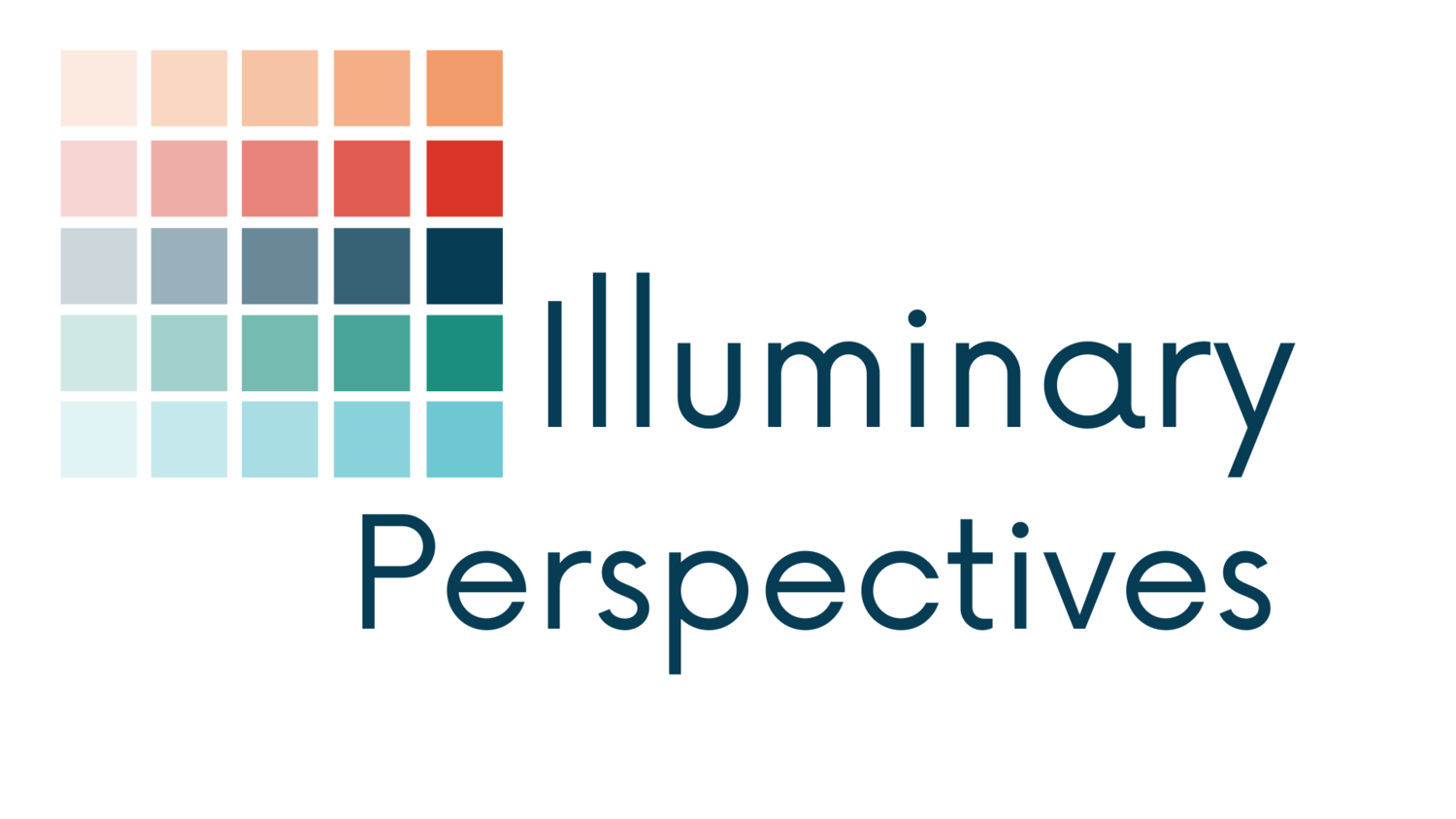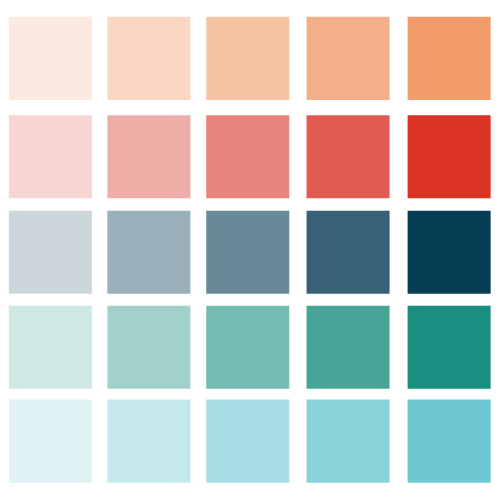Better learning through better questions
This is the second part in a series on purposeful learning. You can read part one here.
Not all questions are created equal. Purposeful learning starts with asking meaningful questions. These questions set the tone for the whole process. If we aren’t asking meaningful questions, then what we learn won’t be meaningful for our work and won’t affect what actions we take towards creating a more equitable and just world. Meaningful questions, when answered, will change the way you work.
Moira Rose (Schitt’s Creek) enters the room and says “I have questions”
Meaningful questions are intentional. Meaningful questions tell us what to pay attention to. Unhelpful information is everywhere. Meaningful questions help us focus on what is important to us, when it is important. Rather than haphazardly taking in pieces of information as they arise, meaningful questions help us filter through the “noise” and focus on what’s important.
Brick Tamland (Anchorman) screams “Loud Noises!”
Meaningful questions push us deeper. Sometimes we default to what is “easy” to answer. How many people did we serve? What did we do? Counting the numbers of people and documenting what happened is easy enough to do to get that information. Rather, meaningful questions go deeper to what is at the root of what you want to know.
Think about how you start your questions. Questions typically start with who, where, when, what, how, or why. Questions that start with “why” or “how” tend to lead to the most meaningful insights.
Meaningful questions spark curiosity. Curiosity creates change. If we aren’t curious about the world and our work, things will stay the same. Meaningful questions help us get curious about why things are the way they are and how they could be better and more equitable.
Trust your curiosity
Meaningful questions challenge assumptions. Questions reflect our values. What we ask about shows what we care about. A colleague used to always say “if we don’t measure what we value, we’ll value what we measure.” Meaningful questions help us measure what we value. For example, if we ask “how many people are we serving?”, we will begin to value size and work to increase the number of people in our program. Not necessarily a bad thing, but it might also not be the most important think. Rather, asking “how are we impacting the people we are serving?” points us more towards the impact we are having, even if it is on a small number of people. Or even “how can we grow our program while maintaining our impact?” if you are focused on expanding your program. Think about the questions that you are asking now - what values do they point to? Are these the values that you want to align with? What are the assumptions behind those questions?
This is where having a group of people from different positions and perspectives develop the questions to guide your purposeful learning can be helpful. This group will be able to push and pull on the assumptions and values that are embedded within the questions.
Vivica A. Fox says “Let’s Do This”
Now it’s your turn. What meaningful questions do you have about your work? What are you interested in learning? If you aren’t sure where to start, try:
Thinking about what is keeping you up at night. We all have those restless nights turning over new ideas in our heads.
Completing this sentence: I wonder…
Involving others - get your teammates, clients, and community’s input on what questions you should be asking. What is important to them?
Thinking about the world that you want to create - what do you need to know in order to get closer to that? Why is the world not that way now? What would it take to create that world?
Paying attention to the scope of your questions - if it’s not something you can answer now, can you break it down into small questions that are easier to tackle?
Want to learn more? Check out these helpful resources:






